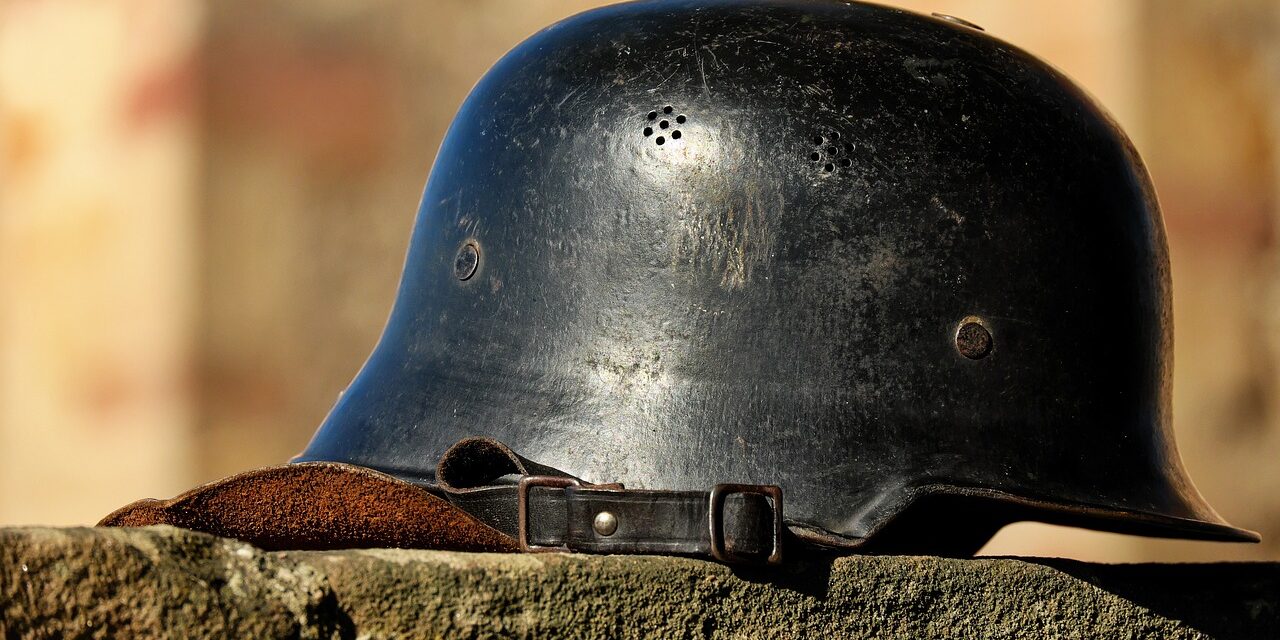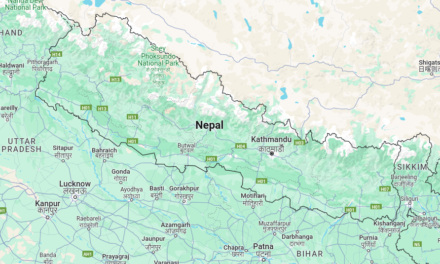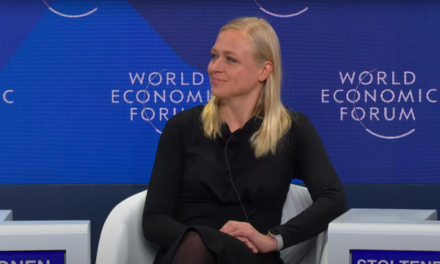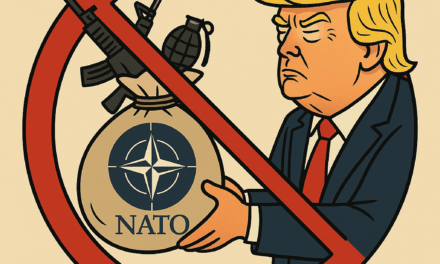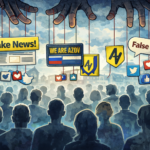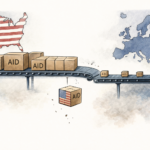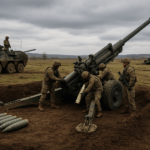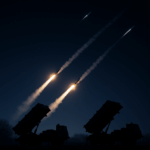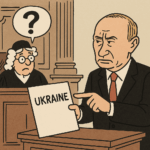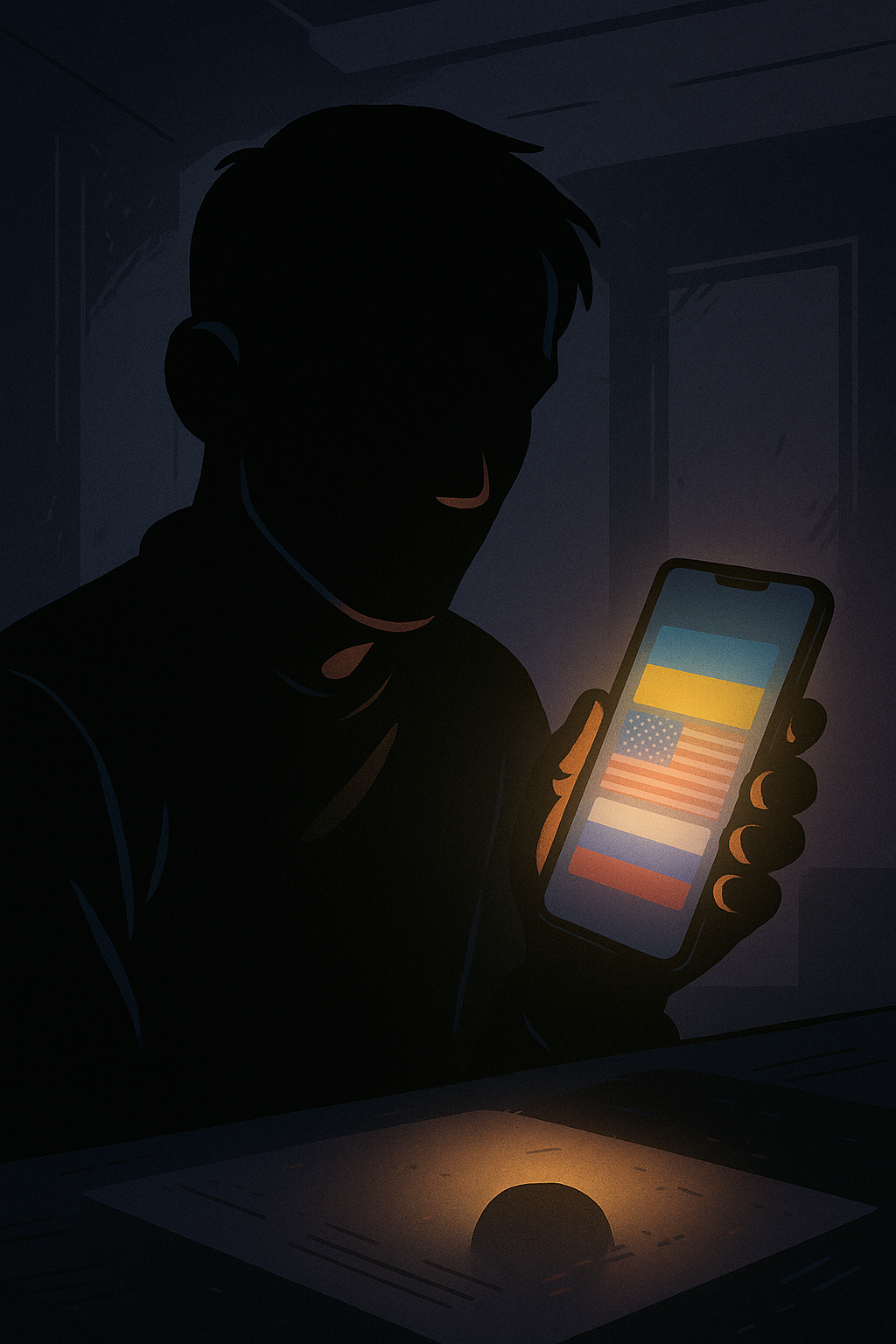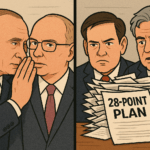The situation in Kursk Oblast remains tense, with reported marginal advances by Ukrainian forces as of August 19. Geolocated footage confirmed that Ukrainian troops made headway in several areas, including Vishnevka, while the Russian Ministry of Defense acknowledged attacks on Ukrainian positions there. Russian military sources claimed that they successfully repelled Ukrainian sabotage operations in the region, suggesting ongoing clashes on the border.
Meanwhile, a Russian milblogger reported that Ukrainian forces conducted an airstrike on a bridge over the Seim River, reflecting increasing Ukrainian efforts to disrupt Russian logistics and infrastructure. However, the evidence for this claim was not verified through independent sources.
Significant internal developments have transpired within Russia’s military and political leadership, particularly concerning the involvement of conscripts in the ongoing conflicts near the border. Chechen Akhmat Spetsnaz Commander Apty Alaudinov controversially urged conscripts to engage in combat operations, dismissing parental concerns about their involvement. This stance appears to exacerbate tensions among families of conscripts, raising the potential for domestic unrest regarding the government’s military policies and casualty rates.
President Putin’s recent visit to Azerbaijan seems aimed at diverting attention from the incursion, highlighting his role as a diplomatic figure on the global stage amid the crisis. This move may also serve to reinforce his authority within Russia at a time of compounded military challenges.
The Kremlin’s response reflects a larger trend toward prioritizing regime stability, as evidenced by personnel shifts and the increasing influence of siloviki (political strongmen) within the power structure, which marks a significant departure from a more traditional military oversight. Additionally, Putin’s decree allowing specific groups of foreigners to bypass typical immigration requirements underscores an effort to solidify a state ideology that aligns with ultranationalist sentiments, while concurrently addressing criticisms of current policies.
Regarding negotiations with Ukraine, Russian officials continue to frame Ukraine as the obstacle to peace talks, with claims that any discussions are off the table post-incursion. This rhetoric attempts to shift blame onto Ukraine, despite evidence suggesting a longstanding Russian disinterest in genuine diplomatic resolution.
Overall, the developments indicate an intricate interplay of military operations, internal political dynamics, and public sentiment that could influence the broader conflict and the stability of Putin’s regime over the coming months.
Pour en savoir plus The Institute for The Study of War

